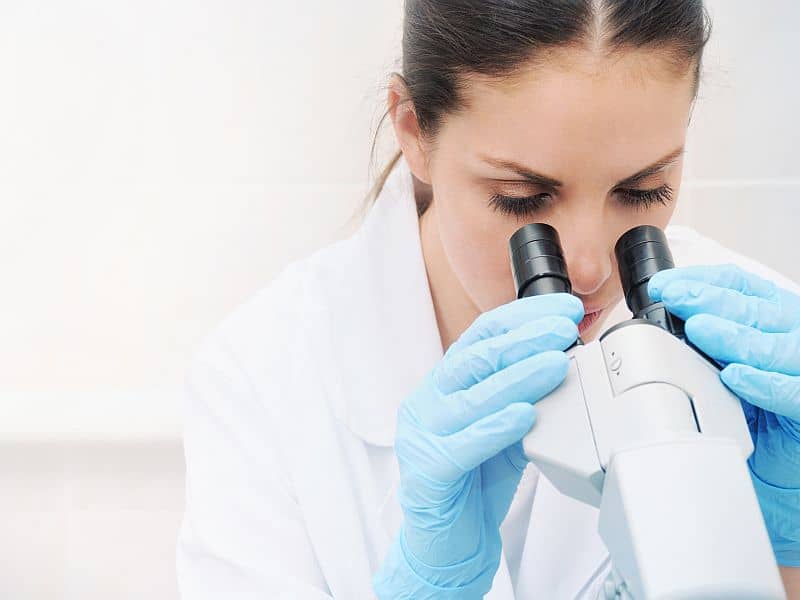WEDNESDAY, July 1, 2020 (HealthDay News) — For women undergoing human papillomavirus (HPV)-based cervical cancer screening, automated evaluation of p16/Ki-67 dual-stained (DS) slides reduces the number of colposcopies compared with current standards, according to a study published online June 25 in the Journal of the National Cancer Institute.
Nicolas Wentzensen, M.D., from the National Cancer Institute in Bethesda, Maryland, and colleagues developed a whole-slide imaging platform with a deep-learning classifier for p16/Ki-67 DS slides trained on biopsy-based gold standard and compared it with conventional Pap and manual DS. The results were compared in three epidemiological studies of cervical and anal precancers from 4,253 patients.
The researchers found that artificial intelligence (AI)-based DS had lower positivity than cytology and manual DS; compared with both Pap and manual DS, sensitivity was equal and specificity substantially higher. AI-based DS reduced referral to colposcopy compared with Pap (41.9 versus 60.1 percent). AI-based DS had similar performance to high-grade squamous intraepithelial lesions cytology at a higher cutoff, indicating a high enough risk for immediate treatment. The classifier was robust; performance was comparable in two cytology systems and in anal cytology.
“Based on our results, it could increase the efficiency of cervical cancer screening by finding more precancers and reducing false positives, which has the potential to eliminate a substantial number of unnecessary procedures among HPV-positive women,” Wentzensen said in a statement.
Several authors disclosed financial ties to the biopharmaceutical and medical technology industries.
Copyright © 2020 HealthDay. All rights reserved.


